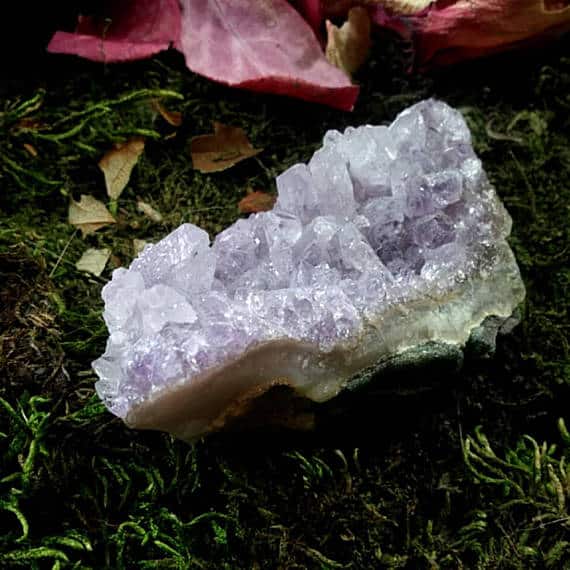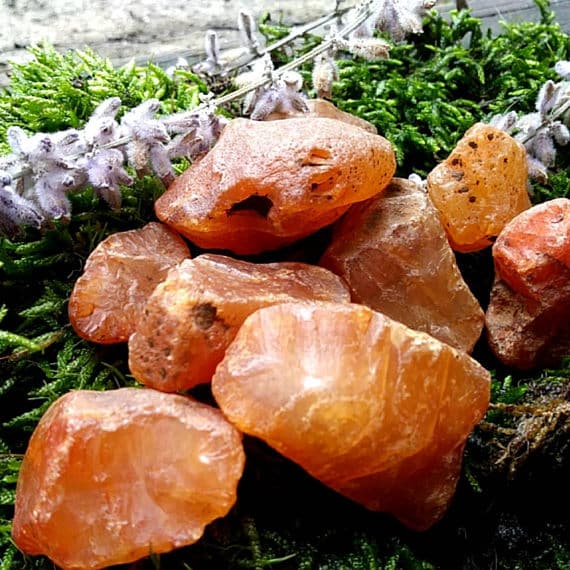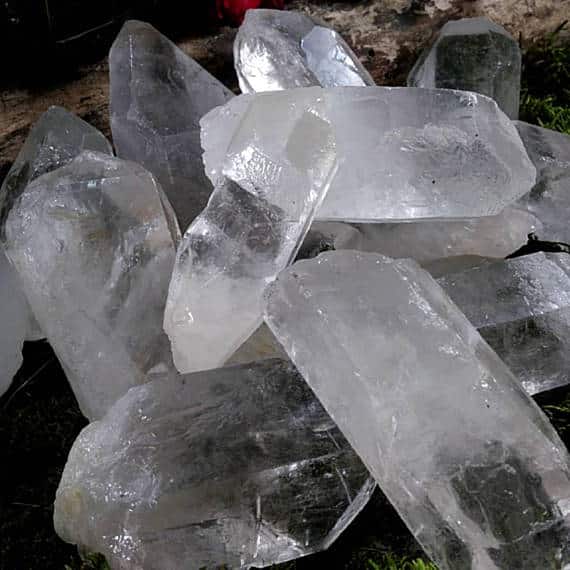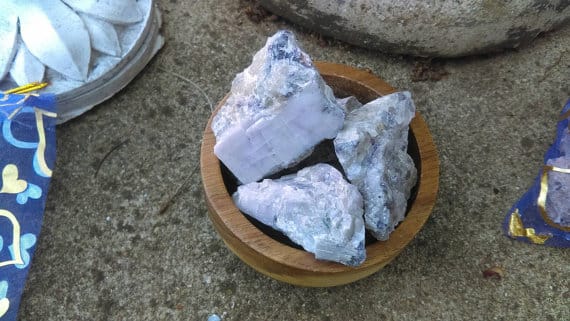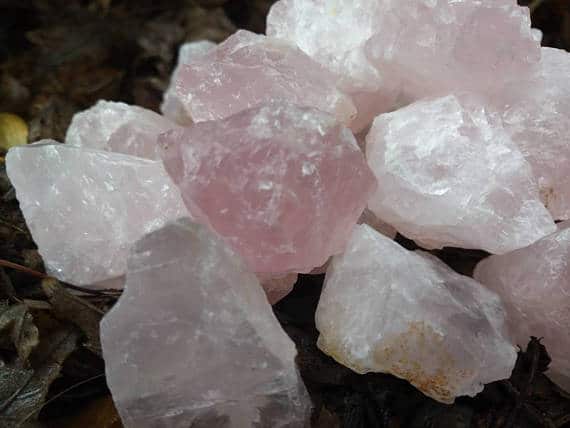Guest Blogger and long-time Council friend, Bob W. presents Part 20 of a series dealing with Alcoholism and Addiction from a Mystical, Mythological Perspective, reflecting Bob’s scholarly work as a Ph.D. in mythological studies.
The Vietnam War was executed from 1965 to 1973, the period of time when U.S. troops were on the ground engaged in combat activities in Southeast Asia. A total of 3.4 million U.S. men and women were in the air, afloat or ashore in the combat area over that time and over 58,000 died, nearly 10x the casualties in Iraq and Afghanistan combined. With the post-WWII generation coming of age and engaging in critical scrutiny of the American experience of the 20th Century at that same time, it was also an intellectually and emotionally charged era. Those of us who fought in the war were not given the license or honor of our service to the national community as were our fathers and mothers after WWII. It created a very dangerous place for the warrior archetype in all of us, veterans and otherwise, trying to achieve the peaceful transition that is accorded all warriors in the aftermath of war.
The warrior is a strong part of all of us, an archetype that is a critical part of being human. Much of mythological stories and the literature and theatre of all eras deal with this element of our being. When this element is suppressed, not given the ability to find the right outlet either in its combative state or in the process of recovering therefrom, there can be dangerous outcomes for all concerned. The process of trying to regain a peaceful place in society after a wartime experience, when not accorded a proper recognition of service nobly performed, can be long and difficult. For many Vietnam veterans, it never happened…and descent into addiction, homelessness and death has been an all-too-frequent outcome.
The story of Odysseus in Homer’s Odyssey is a wonderful compendium of various tragedies that can befall a warrior trying, unsuccessfully, to find his way home. Much of what Odysseus experiences on his journey, his odyssey, mirror the experiences of the Vietnam vet. The journey back to wholeness for these particular veterans, to a place of peace in society and our own hearts, has been long, conflicted and riddled with disaster. It is, once again, a perfect expression of the hero’s journey and a parallel to the journey to Sobriety for us alcoholics. For many, like me, it has been the same journey…and it has taken the embrace of the recovery process of the 12 Steps to achieve any success at all.

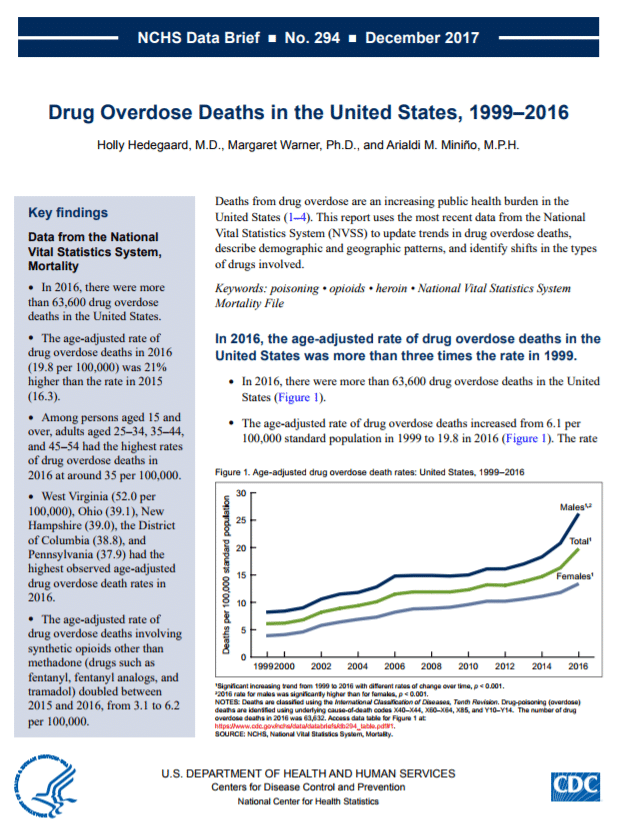
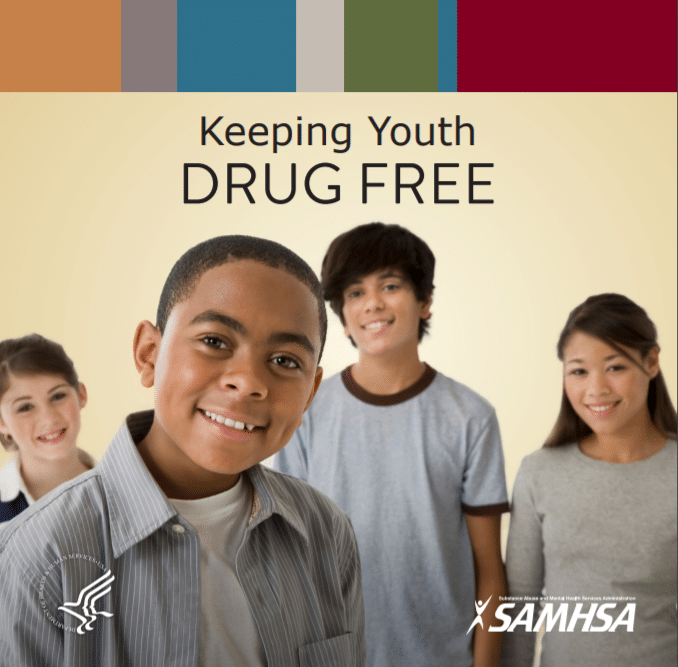 The Substance Abuse and Mental Health Services Administration publishes the
The Substance Abuse and Mental Health Services Administration publishes the 